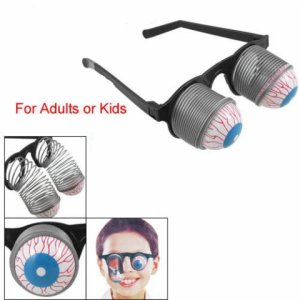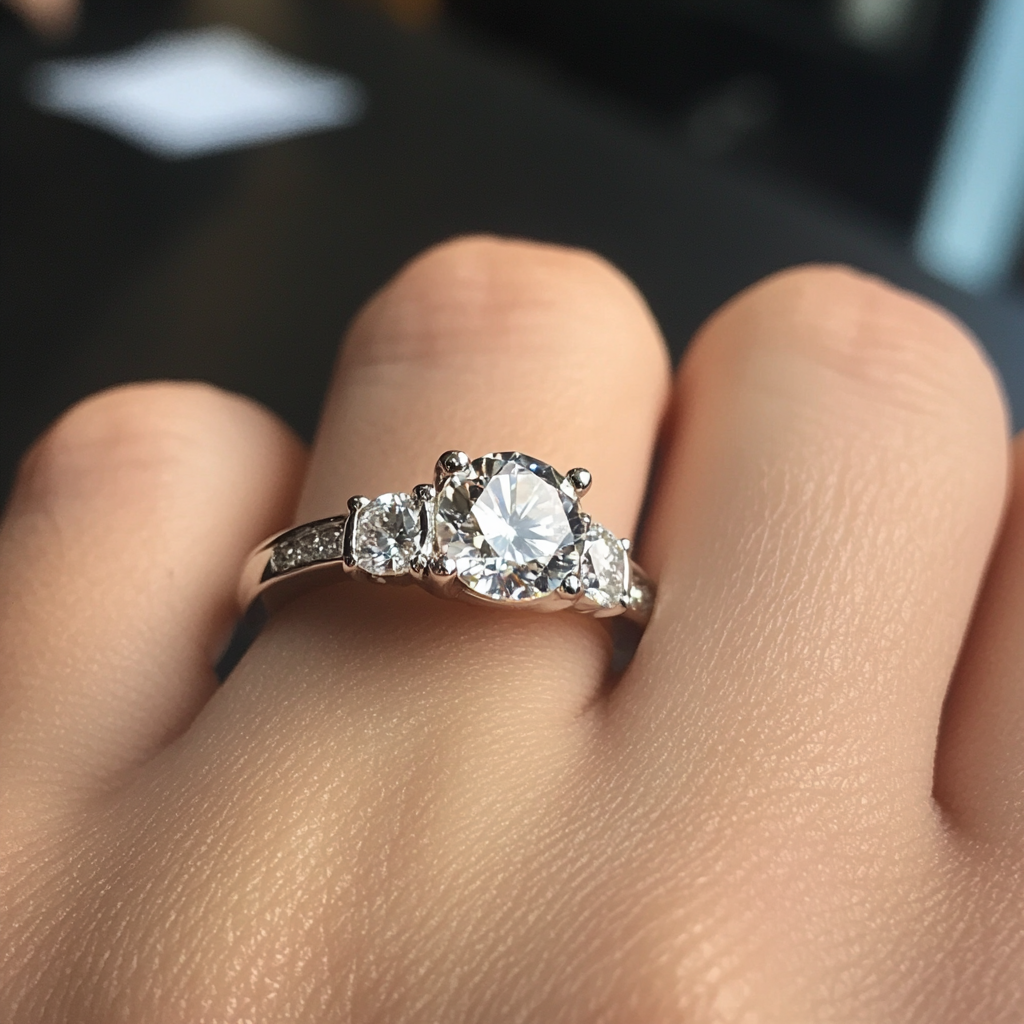Hello, I want to buy basic equipment to be able to discern between fake and real gemstones, and grade them. I researched the web, specially ebay.com and dhgate.com and this is the laboratory equipment I think I need, and the price:
·Caliper $10
·Grams electronic scale (.01 g to 300 g) $10
·Milligrams electronic scale (.001 g to 20 g) $16.5
·Digital microscope 5x-500x $25
·Refractometer $10
·Diamond tester $12
·Polariscope $10
·Chelsea filter $15
·Spectroscope $30
·Dichroscope $30
I am pretty sure these are very good prices for that kind of equipment. But I want to know, what is the basic equipment I need, and what is the one that has a most specific function and it is not needed in general.
I would want to get first the elemental equipment. I am pretty sure, that it includes the caliper, the milligrams scale, and the microscope. But, what do you think?
I plan to test opal (boulder and crystal), tanzanite and diamond, at first. But I would like to be able to test other gemstones, like sapphire and ruby. Thank you for your attention.
·Caliper $10
·Grams electronic scale (.01 g to 300 g) $10
·Milligrams electronic scale (.001 g to 20 g) $16.5
·Digital microscope 5x-500x $25
·Refractometer $10
·Diamond tester $12
·Polariscope $10
·Chelsea filter $15
·Spectroscope $30
·Dichroscope $30
I am pretty sure these are very good prices for that kind of equipment. But I want to know, what is the basic equipment I need, and what is the one that has a most specific function and it is not needed in general.
I would want to get first the elemental equipment. I am pretty sure, that it includes the caliper, the milligrams scale, and the microscope. But, what do you think?
I plan to test opal (boulder and crystal), tanzanite and diamond, at first. But I would like to be able to test other gemstones, like sapphire and ruby. Thank you for your attention.




300x240.png)